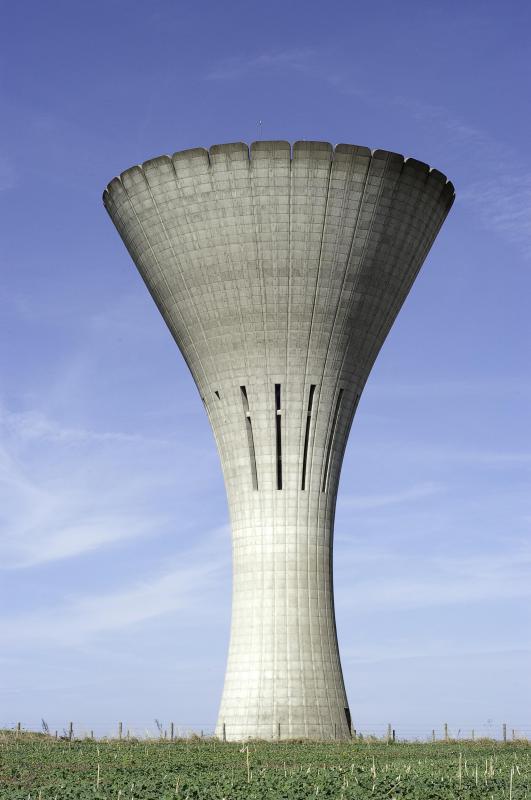At WiseGEEK, we're committed to delivering accurate, trustworthy information. Our expert-authored content is rigorously fact-checked and sourced from credible authorities. Discover how we uphold the highest standards in providing you with reliable knowledge.
What is Water Management?
Water management is an interdisciplinary field concerned with the management of water resources. People in this field are concerned with ensuring that a supply of clean, potable water will be available to people who need it, while balancing the needs of industry and the environment. A number of different topics fall under the umbrella of this field, from sewage treatment to wetlands restoration. Many national governments have departments that are in charge of water resources, and regional governments often have smaller offices of their own to focus on this issue.
One area of water management involves handling the water in the natural environment. This includes monitoring the amount of water in the environment, seasonal and annual changes in water levels and other characteristics, and keeping an eye on the cleanliness of water supplies. It can also include things like keeping waterways fully navigable, eradicating invasive species from protected environmental areas, and flood control measures which can range from building levies to expanding wetlands to create a trap for floodwaters.

Other people in this field are more concerned with how humans use water. A large area of it is concerned with the use of water in industry and agriculture. Since conservation is of growing importance in many regions of the world, many water management specialists see agriculture and industry as prime areas for water recycling and reclamation. Monitoring water use in these areas also allows governments to be proactive about industrial and agricultural pollution.

Humans also need water for drinking, cleaning, cooking, and bathing. Water management includes delivery of water to residential customers, water sanitation, regulation of water usage in home gardens, and water conservation measures that are designed to help communities use less water. Water scarcity may not be an immediate issue in all areas of the world, but many communities accept that there are growing pressures on water supplies and thinking ahead about water security is advisable.

People in the field include hydrologists, sanitation engineers, civil engineers, economists, environmentalists, ecologists, biologists, botanists, and administrators. People interested in such careers can pursue them from a number of different perspectives, and may work in environments which vary from remote biological research stations to downtown high rises. Private companies which offer services in this area may travel all over the world to design and implement systems which are designed to manage water, including systems used by the military while overseas.
AS FEATURED ON:
AS FEATURED ON:


















Discussion Comments
As we know water is the basis of human survival, I guess humanity should start realizing water conservation and management is just as important as using it!
I'm already taking shorter showers, and I'm only in my teens!
But where is the worst scarcity in the world, specifically? -saira
@ Istria- to answer your first question, a hydrologist specializes in ground, surface, or river water management. They work to analyze and monitor the water cycles in the regional or global area that they study. Hydrologists may focus their work on one small area, or on the water cycle of the entire planet.
If you are interested in studying water resources, oceanography may be of interest to you. Most people think of oceanography as the study of life in the ocean, but that is only a small aspect of oceanography (marine biology). Oceanographers also study the effects of the oceans properties on other spheres within the realm of geology. They may study the effects of chemical and biological processes in the ocean on coastal environments (i.e. algae blooms), or they may study the effects that physical changes in the ocean have on climate and atmosphere.
@ Istria- Hydrology is a specialization within the geosciences field. Your best course of action would be to talk to counselors in your universities environmental engineering, geology, or environmental sciences department and ask about programs that offer specialization in hydrology or ground water management. You may also find a minor or certificate program to compliment a science degree that focuses on hydrology or water resource management. Hope this helps.
What exactly does a hydrologist do? What type of training is required to become a hydrologist? I just started college and I am looking into geoscience degrees. I am still undecided, but I was leaning towards geology until I heard about hydrology. This article gave a good overview of water conservation, but the author also stated that there were many different careers in water conservation and management. I just want a little information on hydrology. Thanks!
Post your comments